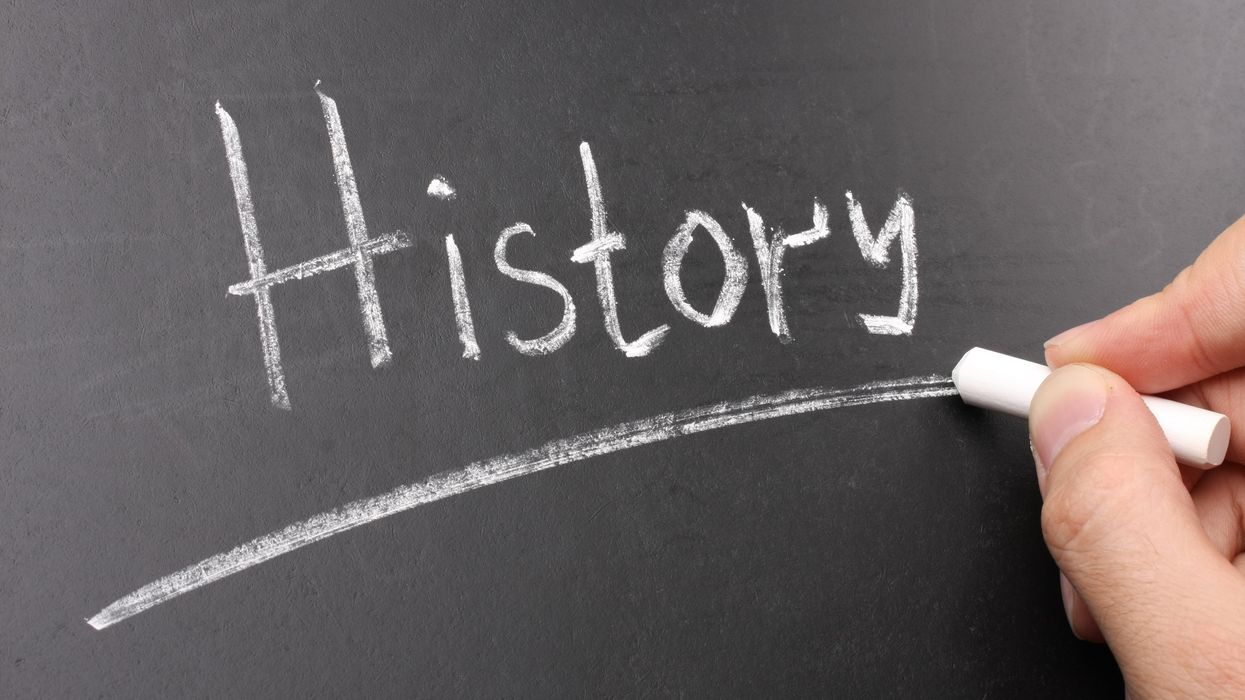We are a month post-election. While the results are final, polarization remains. Roughly half of the country does not just disagree with the policies of the other side, but is determined that the other side is a threat to American life. But polarization, not an individual or party, may be the biggest threat to our democracy.
That is why this moment should serve as a catalyst for those of us who teach the next generation of voters to begin to steer democracy’s ship toward calmer waters. We need an antidote to polarization. We need pluralism. The discipline of history can get us there.
For much of 2024, I’ve deemed my word of the year to be “pluralism.” Back in May, I wrote about my experience at the National Civic Collaboratory, a summit put on by Citizen University that has the mission “to shift the current paradigm of individual achievement towards collaboration and shared success.” My interactions at the summit defined pluralism at its most healthy. From there on out, I’ve been thinking about how to bolster that type of pluralism in my own work, which focuses on history education.
I serve as the executive director of Thinking Nation, a nonprofit that seeks to empower students with the skills and dispositions necessary for civic success. Specifically, we believe that the discipline of history is uniquely equipped to do so. We, like our friends at Citizen University, also seek to shift a paradigm. But our paradigm shift needs to take place in social studies classrooms. Most conversations about history in education revolve around its content. The stories that we teach are the central focus. Many times, these stories can present a shared history, which is needed. But, I’d argue, it’s not enough.
At Thinking Nation, we strive to demonstrate history’s impact as a discipline. The content is the means to an end — equipping students to learn to contextualize information, assess the multilayered causes of moments, evaluate the evidence they encounter and empathize with the perspectives of others. In short, they learn to think historically. These skills are necessary to strengthen a democracy.
These skills help us embody pluralism. When we practice them, we are better equipped to engage in a diverse society. Given that the chief aim of the historian is to understand people from a time and place not like our own, these skills directly translate to being a thoughtful and engaged citizen in the present. In pluralism, as with the study of the past, we do not need to agree with others to humanize them. We can ask tough questions without boiling into rage. We can collaborate on tasks without holding identical values. We can compromise.
If we apply these skills to our interactions with our neighbors, active listening becomes necessary. We may come to different, even competing, conclusions, but when we contextualize, assess, evaluate and empathize with the perspectives of those that hold those competing conclusions, it’s much harder to demonize. When pluralism increases, polarization decreases.
Given this, the discipline of history might be our antidote to polarization. We all can contribute to the remedy. History teachers, empower your students with these disciplinary dispositions. Give them opportunities to think deeply about the world they inhabit. Administrators, support this work by leveraging the discipline of history to build better alignment for your teachers. Legislators, fund the field. Democracy can’t thrive if we continue to fund STEM at exponentially higher rates than history.
It may be too difficult to solve present issues of polarization. But, by looking to the study of the past, we can equip future voters to embody pluralism. I have hope for a democracy where citizens debate without demonizing. One where our political diversity is a welcomed feature, not a bug. But it won’t come easy. We need to see our history classrooms as more than opportunities to learn about the past. Let’s shift the paradigm, teach the discipline and empower the future.
Cote is executive director of Thinking Nation, a nonprofit that seeks to shift the paradigm of social studies education by empowering students to think historically.




















